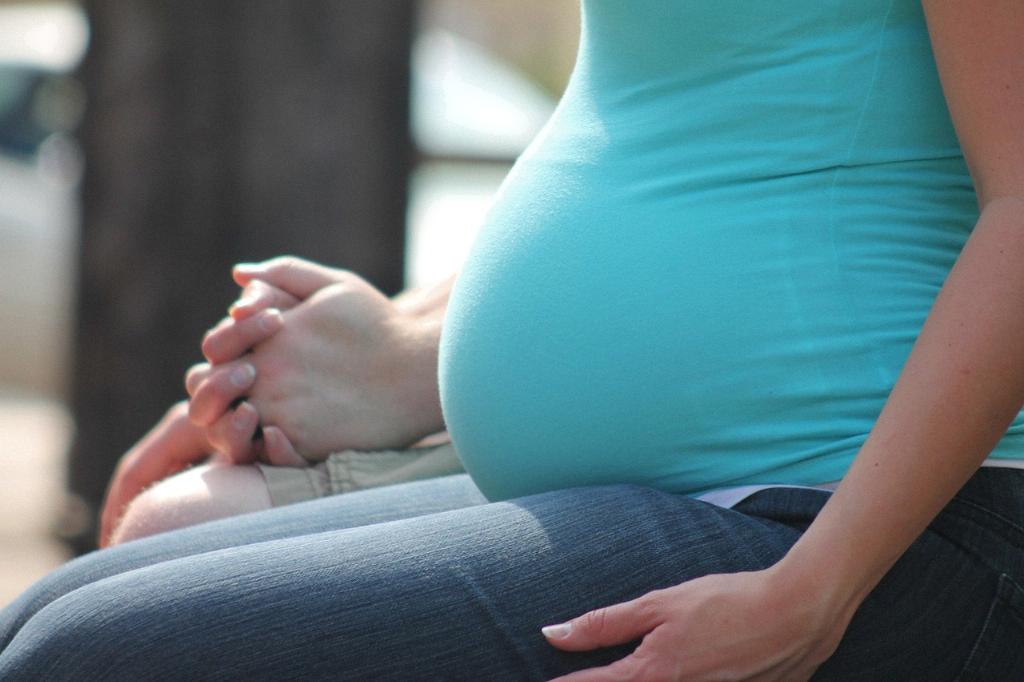Stress during pregnancy is a topic that has garnered significant attention in recent years. Many studies have explored the potential effects of maternal stress on the developing fetus and the long-term health outcomes for the child. One key question that researchers have grappled with is whether stress during pregnancy can influence the baby’s health and development after birth.
Adverse Birth Outcomes and Developmental Consequences
The link between prenatal stress and adverse birth outcomes is well-documented. When a mother experiences high levels of stress during pregnancy, it can lead to complications such as preterm birth, low birth weight, and other adverse outcomes. These birth complications are not only a concern at the time of delivery but can also have long-lasting effects on the child’s health and development.
Biological Mechanisms at Play
Researchers have identified several biological mechanisms that may help explain how stress during pregnancy can affect the baby after birth. One key mechanism is the release of stress hormones, such as cortisol, which can cross the placenta and influence the developing fetus. These hormones can impact the baby’s neurological development, immune function, and overall health.
Long-Term Health Outcomes
Studies have found that children who were exposed to high levels of maternal stress during pregnancy are at an increased risk for a range of health issues later in life. These may include cardiovascular problems, metabolic disorders, and mental health conditions. The effects of prenatal stress can extend well into adulthood, highlighting the importance of addressing maternal stress during pregnancy.
Neurodevelopmental Effects
One area of particular concern is the impact of prenatal stress on the baby’s neurodevelopment. Research suggests that exposure to stress hormones in utero can affect the wiring of the brain, leading to changes in cognitive function, behavior, and emotional regulation. These neurodevelopmental effects can have profound implications for the child’s future well-being.
Psychological and Behavioral Challenges
In addition to physical health outcomes, prenatal stress has been linked to an increased risk of psychological and behavioral challenges in children. These may manifest as anxiety, depression, attention disorders, and difficulties in social interactions. The psychological toll of prenatal stress underscores the need for comprehensive support for expecting mothers.
Intergenerational Impact
Furthermore, the effects of stress during pregnancy can extend beyond the immediate generation and impact future generations. Research suggests that the experiences of the mother during pregnancy can influence the health and development of her offspring, potentially perpetuating a cycle of stress-related health disparities across generations.
The Role of Support and Intervention
Although the effects of prenatal stress are concerning, there is hope in the form of support and intervention. Providing expecting mothers with access to resources, such as mental health services, social support networks, and stress management techniques, can help mitigate the impact of stress on both the mother and the baby. Early intervention and support are crucial in breaking the cycle of prenatal stress and its negative consequences.
Empowering Expecting Mothers
Empowering expecting mothers with knowledge about the potential effects of stress during pregnancy and equipping them with tools to cope with stress can have a profound impact on the health and well-being of both the mother and the baby. By fostering a supportive environment and encouraging self-care practices, healthcare providers and communities can play a crucial role in promoting positive pregnancy outcomes.
Conclusion
In conclusion, the question of whether stress during pregnancy affects the baby after birth is met with a resounding affirmative response. The evidence points to a clear link between maternal stress during pregnancy and adverse health and developmental outcomes for the child. By recognizing the impact of prenatal stress and taking proactive steps to support expecting mothers, we can help ensure healthier outcomes for both current and future generations.

